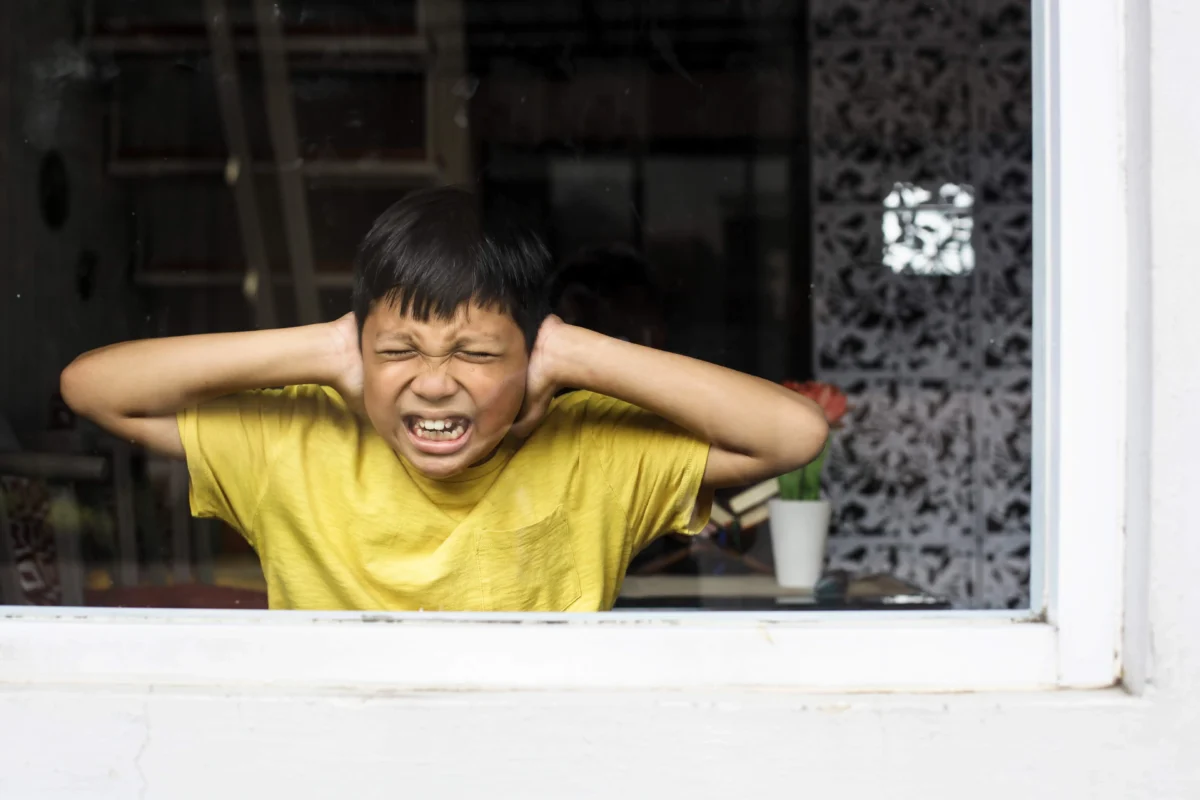We Are Not Bad Parents: Supporting Behavior Issues

I wanted to share some thoughts about something that parents of neurodivergent kids face every day – the importance of not punishing our neurodivergent children for behavior issues. We have all been there, on the playground or some other public place, where other parents shame us with their looks and facial expressions because of our child’s behavior. Those parents don’t understand that for our children, behavior is different than it is for neurotypical children. We are not bad parents, and our children are not bad kids.
Instead of focusing on punishment, we should concentrate on understanding the root causes and exploring alternative ways to support our children. It’s a journey I’ve been on with my own neurodivergent children, and I’d like to share some insights and tips I’ve gathered along the way.
Before we dive in, let’s clarify what we mean by “neurodivergent.” This term encompasses a wide range of neurological variations, including but not limited to autism, ADHD, sensory processing disorders, and more. Each neurodivergent child is unique, so there’s no one-size-fits-all approach to understanding and supporting them. But here are some general principles to keep in mind:

Identify Triggers: Take the time to pinpoint what triggers challenging behaviors in your child. For example, is it transitions between activities, sensory sensitivities, or difficulty with unexpected changes in routine? Understanding the specific triggers can help you anticipate and mitigate situations that may lead to meltdowns or anxiety.
Example: If you notice that your child becomes agitated during transitions, try providing a visual schedule or a timer to help them prepare for changes in activities.
Alternative Communication: Many neurodivergent kids struggle with verbal communication. Encourage alternative forms of expression such as visual aids, sign language, or communication apps. This can help alleviate frustration and minimize behavior issues stemming from communication difficulties.
Example: If your child has limited verbal communication skills, consider using picture communication boards or apps like PECS (Picture Exchange Communication System) to facilitate their expression of needs and feelings. For those kids where communication is less challenging, having a predetermined “special word” that lets them tell you they want to leave, works very well.
Establish Consistent Routines: Consistency is key for neurodivergent children. Establishing predictable routines can provide them with a sense of security and reduce anxiety-driven behaviors.
Example: Create a daily schedule with fixed times for meals, activities, and bedtime. Consistent routines can help your child feel more in control and lessen anxiety about what’s happening next.

Sensory Support: Sensory sensitivities are common among neurodivergent children. Pay close attention to your child’s sensory needs and provide accommodation. This may include creating sensory-friendly environments, using noise-canceling headphones, or offering weighted blankets for comfort.
Example: If your child is sensitive to loud noises, provide noise-canceling headphones or earplugs in noisy environments, like crowded places or during fireworks. I always take headphones to the movies.
Positive Reinforcement: Instead of resorting to punishment, focus on positive reinforcement. Acknowledge and praise your child’s efforts and achievements, no matter how small they may seem. Celebrate their successes as a means of motivation and encouragement.
Example: If your child completes a task or demonstrates good behavior, offer verbal praise, a high-five, or a small reward like a favorite snack or a special activity they enjoy.
Understanding and supporting neurodivergent kids is a journey filled with love, patience, and learning. By choosing empathy over punishment and actively seeking to understand what drives their behavior issues, we can create a nurturing environment where our children can thrive.
Let’s continue to support each other and our amazing neurodivergent kids. Together, we can make a world that celebrates and embraces all kinds of minds.

Sivan Hong
Instagram: @sivan_hong_author
Website: https://sivanhong.com
Language: English

